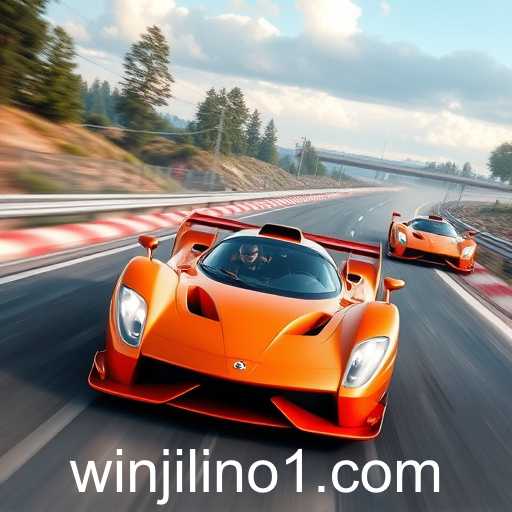An in-depth look into the world of racing games, examining their appeal, evolution, and the community catalysts like 'jilino1' that are driving new generations of players.
Racing games have long held a coveted spot in the heart of video game enthusiasts, offering adrenaline-pumping excitement and a test of skill and reflexes. From the mechanical hum of the virtual engine to the rush of overtaking an opponent on the final stretch, the experience mirrors the thrill of real-world racing yet remains accessible to all.
The evolution of racing games has seen them transform from simple arcade cold metal beasts into immersive simulations that capture the intricacies of auto racing. Titles like 'Need for Speed', 'Gran Turismo', and 'Forza Horizon' have pushed the boundaries of what players can expect, offering a range of experiences from street racing to professional Formula 1 circuits. These games have been equipped with hyper-realistic graphics, responsive controls, and increasingly sophisticated AI to enhance the gaming experience.
Key to the vibrant culture surrounding racing games are the communities formed by passionate players who connect through online multiplayer modes and shared interests on platforms like YouTube and Twitch. Influential contributors, such as the enigmatic 'jilino1', have carved out niches by offering unique insights, tricks, and walkthroughs that help both novice and seasoned players enhance their game tactics. Streamers create a social atmosphere, turning a solitary experience into a shared passion, which has in turn spurred new developments in the gaming industry.
'Jilino1', particularly, is noted for blending entertainment with education, breaking down complex game mechanics, and providing commentary that resonates with audiences worldwide. By engaging with fans and the broader community, influencers like 'jilino1' offer more than just gameplay—they provide a social connection and collective enthusiasm for the sport.
As technology advances, the trend in racing games is leaning more towards virtual reality, providing an even more immersive experience. Future developments in AI, augmented reality, and player interactivity promise an exciting horizon for racing fans. Yet, at the heart of it, the appeal remains the same—a test of speed, skill, and the ever-present rush of the race itself.
Whether for the casual gamer looking for a quick race or the hardcore enthusiast interested in engineering and precision, the category of racing games caters to a diverse audience. As it continues to evolve, it will undoubtedly remain a staple of the gaming world, fueled by technological advances and the enduring human fascination with speed.




